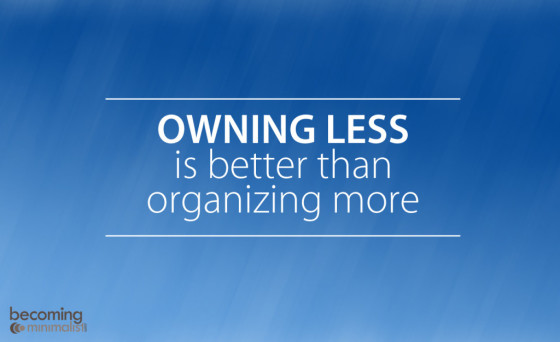
Over Thanksgiving weekend, we watched some home movies. My kids are now in their early-to-mid-20s and we had hardly ever watched home movies. It was a lot of fun. (It was also hard to watch much of it—for example, little kid birthday parties in real time are not that interesting.)
As we watched a scene that took place in our living room after my son’s 6th birthday party, I couldn’t help but feel somewhat nauseated by the quantity of gifts he was opening.
It’s easy for me to feel this way now, with the 20/20 hindsight: kids quickly tire of their toys—as do adults. One gift would have been more than enough—though a lot of work would have had to go into creating the proper expectations—that he would only be getting one present while all his friends were getting piles of gifts from friends for their birthdays. Ideally, we would have colluded with all the other parents to create a moratorium against gift-giving—something many might agree with now, but very few likely would have at the time.
The other overindulgence were the parties. The ones we attended tended not to be too over-the-top, but I wish they all could have been the kind of low-key affairs thrown by one family we knew, the Sommers. They had an annual event called the Sommer Olympics, with competitions for the kids in their backyard. Low cost and lots of fun.
Later Thanksgiving weekend, I was thinking about our home movies while listening to a TED Talk about owning less stuff and its impact on happiness.
I’ve been reading a lot about owning less over the last few years as the minimalism movement has gained momentum. My two favorite bloggers are big advocates of owning less. Here is an example of one of Joshua Becker’s posts from his Becoming Minimalist blog, and one by Leo Babauta of Zen Habits. I’ve also written frequently about a related subject—spending your time and money on experiences rather than stuff.
In the TED Talk, the speaker was talking about clearing clutter out of your home. One subject he tackled was items which evoked feelings of nostalgia. For example, what to do with old t-shirts that brought back memories. He had a great solution: take photos of them, and similarly meaningful items, before disposing of them. As he explained, memorable experiences, connections, and relationships are what matter. Not stuff. The photos support those memories. You don’t need the stuff.
And that brings us back to my kids’ childhood birthday parties. The memories of those events are in my head, and the videos support those memories. The toys, which we could have done without in the first place, are long-forgotten and meaningless pieces of our past.
What’s your experience with owning less? Please join the conversation with your comments…
Best regards,
David
